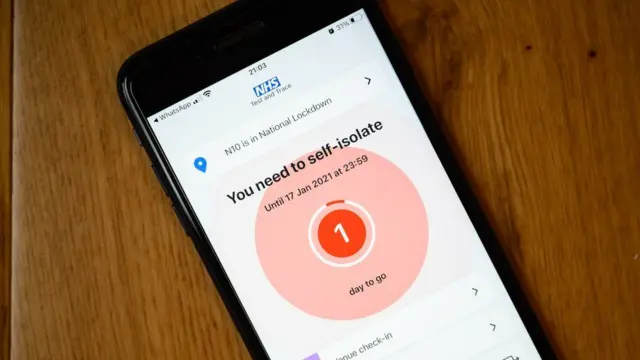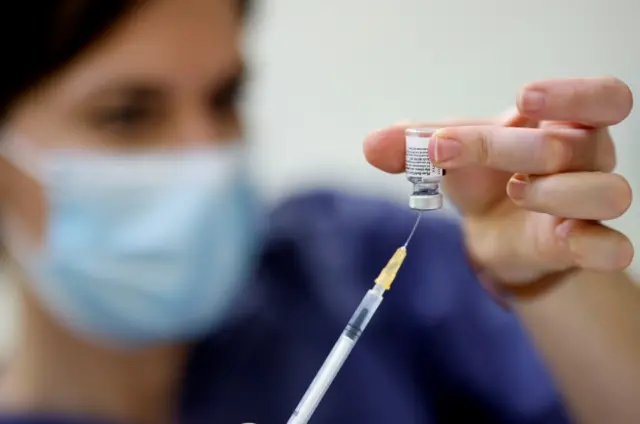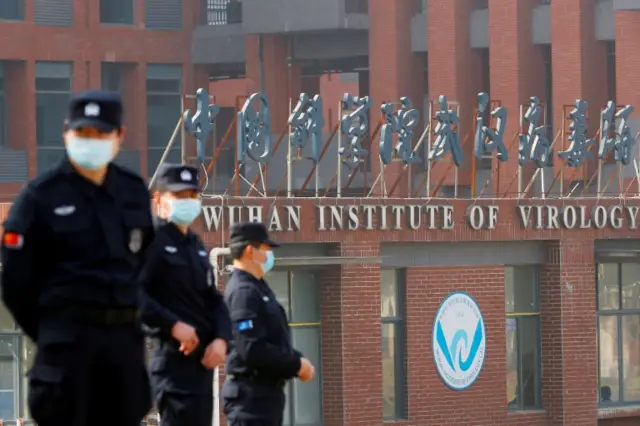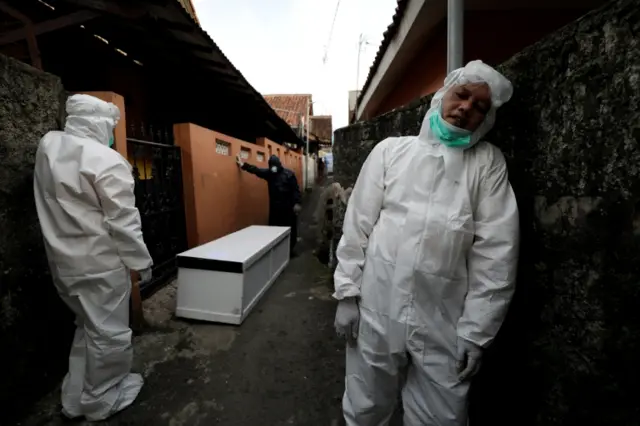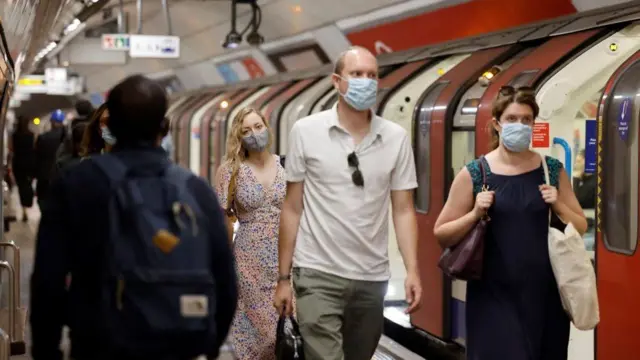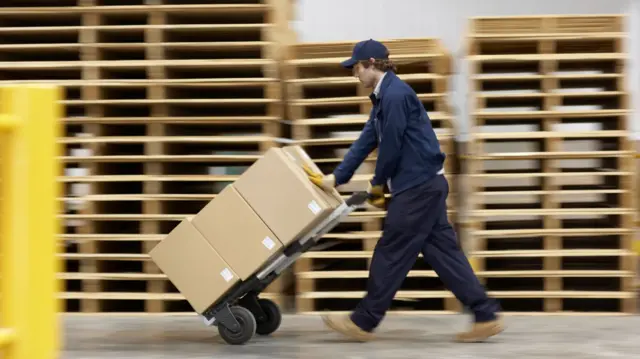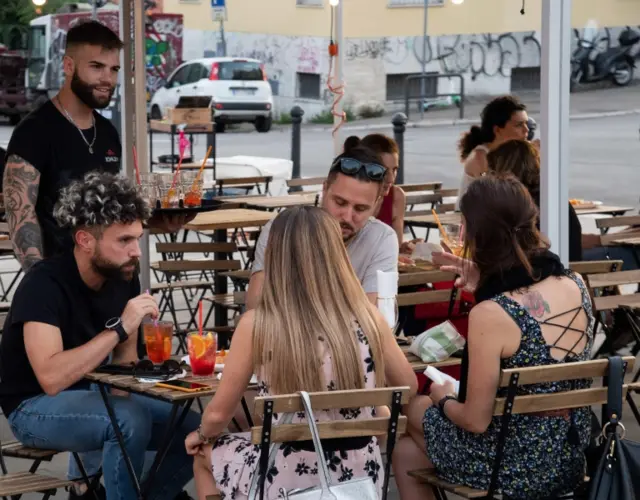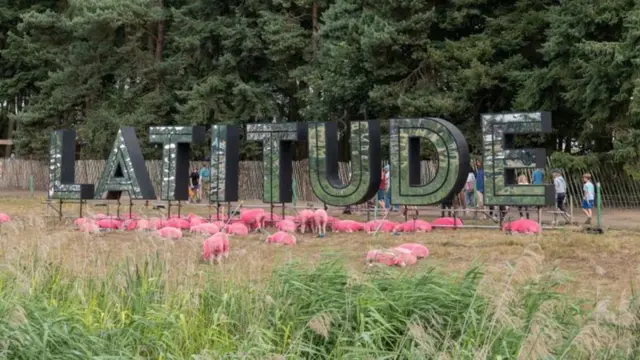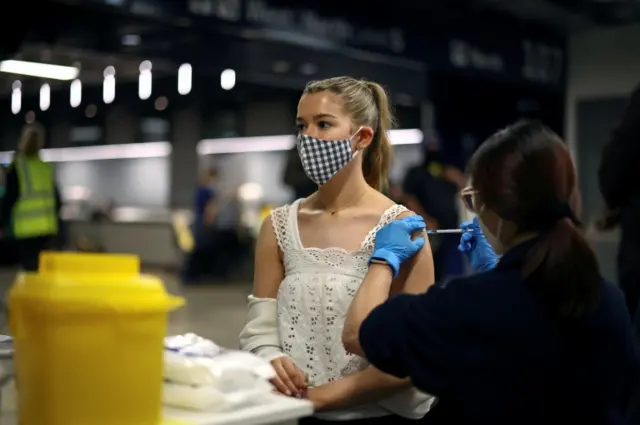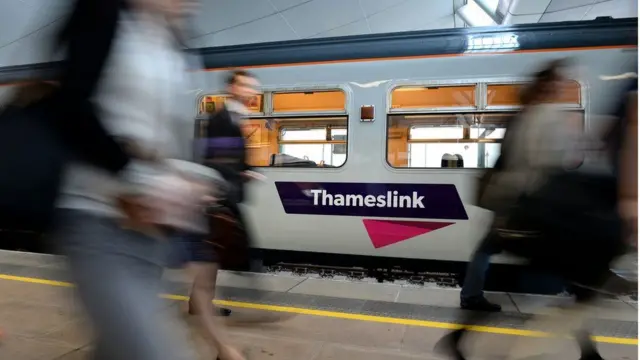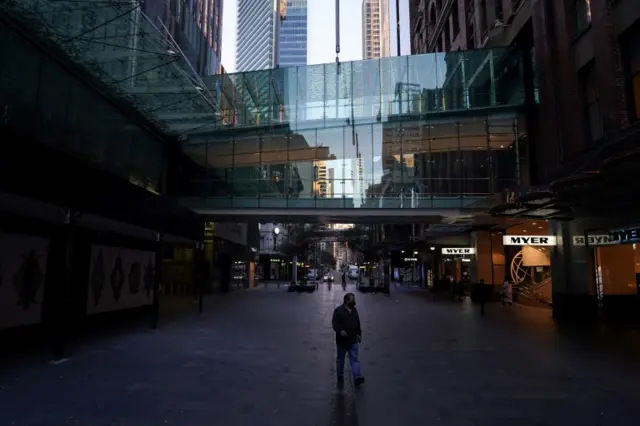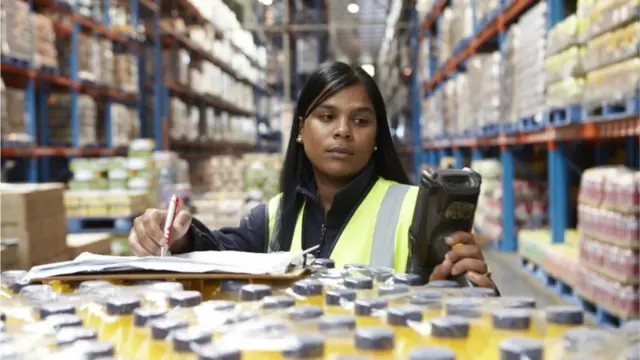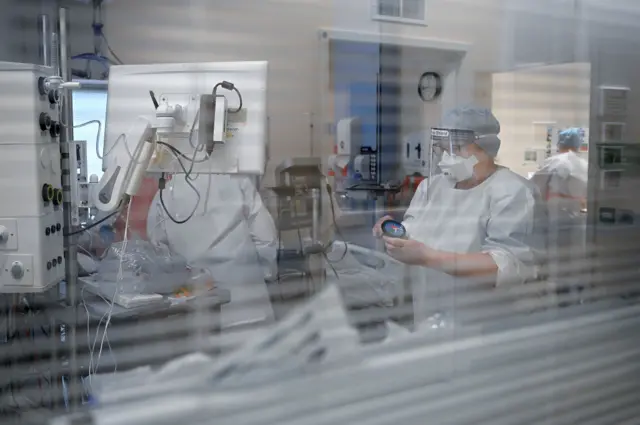President Biden claims vaccinations mean 'you're not going to get Covid'published at 14:00 BST 23 July 2021
 Reality Check
Reality Check
 Image source, Getty Images
Image source, Getty ImagesUS President Joe Biden spoke at a televised event in Ohio last night and discussed the Delta variant of coronavirus and the need for Americans to get a vaccine.
He said that "you're not going to get Covid if you have these vaccinations." But that’s not right.
The highly transmissible Delta variant now accounts for about 83% of new cases in the United States, external and almost all new infections in the UK.
Covid vaccines offer a high level of protection against severe illness with Covid-19.
The currently available jabs were designed before the spread of new variants and so might not be quite as effective against them.
But experts say they still protect lives and reduce the risk of severe illness, including infections caused by emerging variants such as Delta.
However while the jabs reduce the risk of infection, they do not completely eliminate your chances of getting Covid completely.
Read more on the variants here
